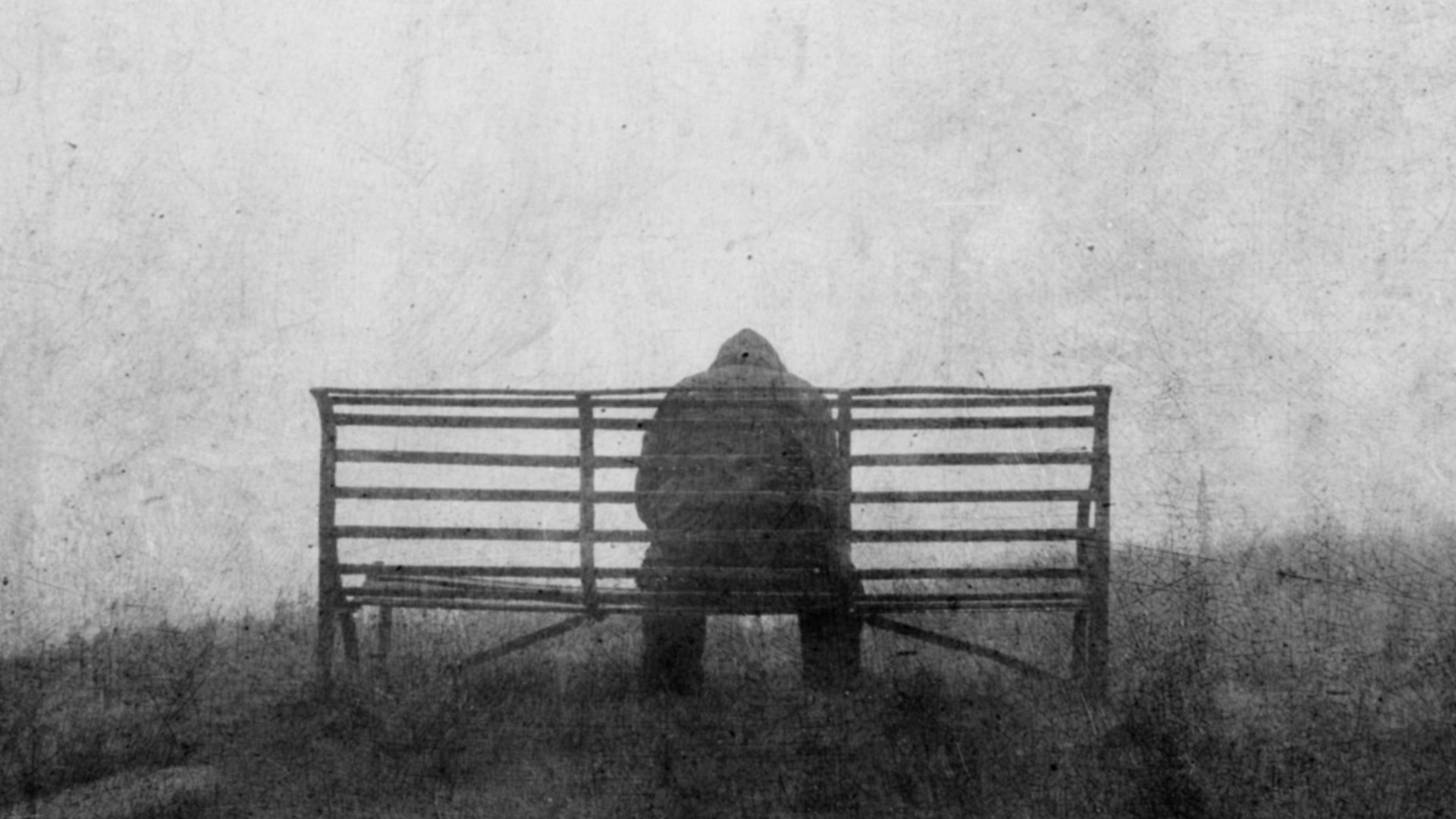Albert Camus declared there was “only one really serious philosophical problem”: whether or not to kill yourself. Despite the absurdity of existence and the absence of God, he thought we should keep going.
Like Sisyphus condemned to heave a boulder to the top of a mountain only to have it crash down again each day, we should come to terms with our lot, embrace it even. Sisyphus’s task is futile, like our lives, but we should recognise that and carry on. As he put it, “We must imagine that Sisyphus is happy”. There’s no God, no meaning, but hang around.
The classicist Edith Hall comes to a similar conclusion in her recently published Facing Down the Furies, but for quite different reasons. While deeply compassionate about those who make this choice, she argues that what’s wrong with suicide is that it harms other people. She isn’t talking about assisted suicide chosen by the terminally ill. Her focus is suicide through depression or as a reaction to adversity. Hers isn’t abstract theorising. Hall discusses her own depression and suicidal ideation, but at the core of her book are three suicides that cast a shadow over her life: those of her great grandfather, her maternal grandmother, and her mother’s cousin.
Hall turns to philosophy and to Greek tragedy to make sense of suicide. Aristotle stands out among the ancient philosophers in taking seriously the idea that a person considering it has overriding responsibilities not just towards themselves, but to other people, too. The Stoics, with their belief that suicide could be a justifiable and even admirable choice for those whose lives weren’t going well, were more typical.
Pliny the Elder even took the existence of so many toxic plants as evidence the gods wanted to provide mortals with an exit strategy. Epicureans also approved of suicide in some circumstances, though Philodemus noted that anyone contemplating it should think twice because it is so difficult to be certain the best isn’t yet to come. Lucretius, who allegedly killed himself aged 44, considered suicide acceptable for those who found life irksome. The prevailing view among his fellow Roman thinkers was that this was often the noblest solution.
Christian philosophers, of course, strongly opposed it, and most still do. Augustine thought killing yourself was inconsistent with the commandment “Thou shalt not kill”; Aquinas believed it went against the God-given principle of self-preservation, damaged the community, and violated the principle that God has given us life as a gift that we shouldn’t throw away.
David Hume, in the 18th century, reacted against these ways of thinking. He was sceptical about ideas of God and divine judgment and argued in his essay Of Suicide that killing oneself does no harm to society since, when dead, we no longer have obligations to our community as we no longer receive benefits from it. Hall takes issue with his focus on the individual, arguing that it’s not possible to kill yourself “without forcing someone, often a stranger, to deal with the immediate aftermath”.
But her real beef with Hume, and with many philosophers since, is that he wrote “as if suicide were only ever committed by mature, single, childless, isolated men”. In her view there is too much emphasis on individual choice, freedom, and autonomy without giving due weight to the degree to which our lives are interconnected and to the devastating effects of suicide on others, sometimes for several generations.
For Hall, Greek tragedy furnishes more wisdom on this topic than most of the philosophical tradition has done. The idea of the Furies, the creatures of darkness who pursue revenge, bringing sorrow to the offspring of a cursed family, provides a powerful metaphor for the damaging psychological consequences of suicide on whole families and networks of friends and acquaintances.
In her own case, her mother was able to break the family curse, and she sees herself as facing up to the Furies by discussing suicide openly and advocating for greater support for those at risk of killing themselves. In Hippolytus, the tragedy by Euripides, Theseus discovers that his wife Phaedra has hanged herself. His speech captures the central thesis of Hall’s thought-provoking book: that suicide isn’t simply self-destruction.
“…I want to die
and transfer my home to darkness, wretch that I am,
robbed of the conversations with you I adored.
You’ve destroyed more than just yourself.”
In the UK and Ireland, Samaritans can be contacted on freephone 116 123



